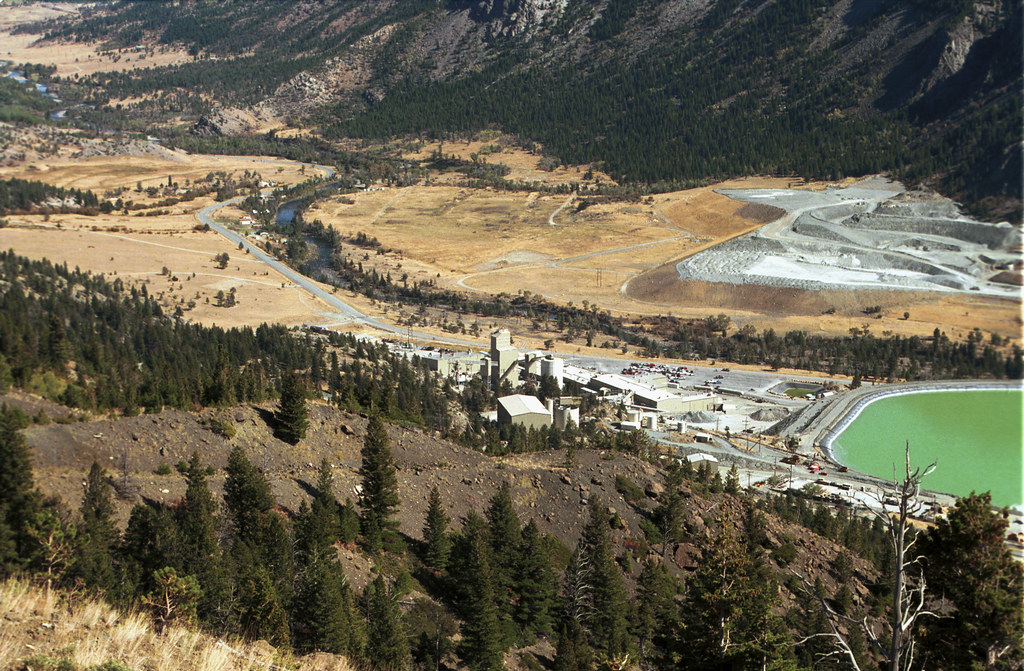
Sibanye-Stillwater (NYSE:SBSW), a South African precious metals mining company, has inked a deal with private equity firm Appian Capital Advisory for two nickel and copper mines in Brazil. The deal is valued at $1 billion. The transaction also includes a 5% net smelter return royalty (NSR), valued at approximately $218 million for future underground production from Santa Rita. CEO Neal Froneman has said it is one of the ten biggest open-pit nickel sulfide assets producers in the world.
Froneman said, “The transaction represents a unique opportunity for Sibanye-Stillwater to acquire significantly pre-developed and pre-capitalized, low-cost, producing nickel and copper assets.”
Appian will also keep its investment exposure to the upside potential of the two assets in question, through NSRs. These will be equal to a 35% stream on gross gold revenues in the case of Meracao Vale Verde. Appian will also retain 100% ownership of the Pereiro Velho gold exploration property after the acquisition.
The highly valuable project has long-term upside potential that Appian, a London-based firm, does not want to give up completely.
This is Sibanye’s fourth battery metal investment this year, following a recent transaction in September for 50% of ioneer Ltd’s lithium-boron project in Nevada. The deal spree comes as the company aims to boost its growing battery materials portfolio.
Battery Metals Battles
Miners are scrambling to acquire battery metals assets for nickel, copper, and lithium mining as the race for the decarbonization of the global economy heats up. Metals like these are used for batteries in electric vehicles and consumer products like laptops, smartphones, and more.
Countries aiming to hit their Paris Climate Accord agreements will need to expand their use of renewable energy and store that energy in high-density, high-efficiency batteries. Lithium-ion batteries are typically used and require the materials miners are exploring, developing, and producing now.
Appian had initially acquired Santa Rita when the previous operator, Australia’s Mirabela Nickel, went bankrupt and needed to sell off its assets. Its Atlantic Nickel unite resumed production at the mine in 2020.
The open-pit mine is expected to last until 2028, at which point it will be transitioned into an underground mining operation to extend the life of the mine from eight to 34 years. Annual production for the open-pit mine is estimated at 16,000 tonnes nickel-equivalent per year. Sibanye has another acquisition target, Mineracao Vale Verde, which has not finished construction of the Serrote copper-gold mine in easter Brazil. That target could product an additional 20,000 tonnes of copper-equivalent every year for the next 13 years. Both acquisitions would expand the Australian company’s presence in the battery metals space and allow it to command a larger footprint in the industry.
Nickel and copper in particular have been the commodity stories of the year, with prices rising month after month in what some are calling a “copper supercycle”. While the more traditional use of nickel is for processing stainless steel into kitchen appliances and utensils, some types of the material can be processed into battery precursor materials.
Those materials then find their way into EV batteries and other types of products needs for the storage and transfer of electricity. A shortage of copper, cobalt, nickel, and other battery metals is what is driving the market higher. Miners are now scrambling to invest in the space to bring supply to meet the demand that continues to grow every quarter.



 Follow us on Twitter
Follow us on Twitter Become our facebook fan
Become our facebook fan











Comments are closed.